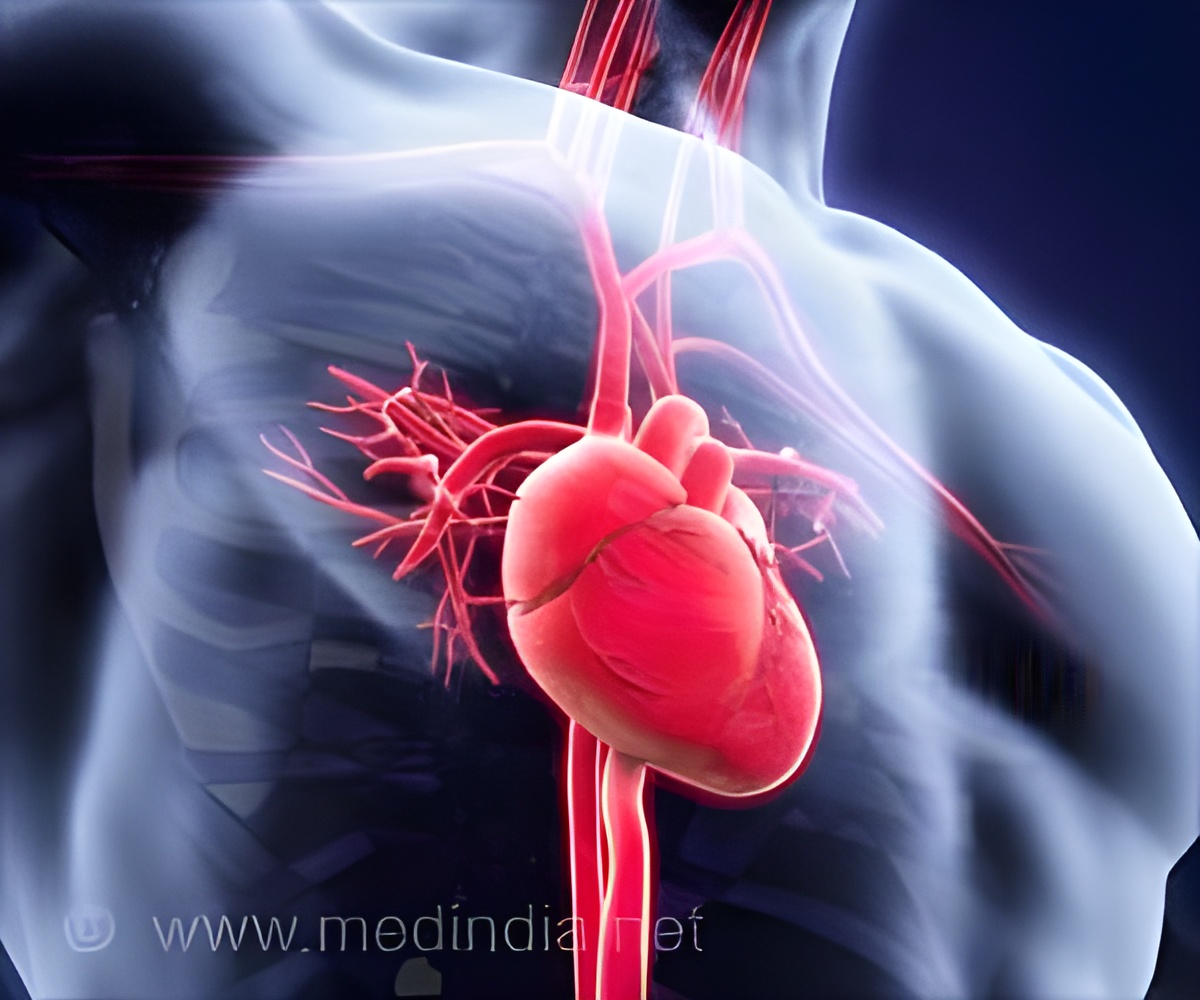New cardiac patch with tiny engineered blood vessels developed by researchers improved recovery from heart attack, or myocardial infarction (MI), in rats and pigs.

TOP INSIGHT
Rats with heart attack that received the cardiac patch had less scar tissue, increased cardiac muscle and improved cardiac pump function compared with untreated rats.
The researchers implanted the cardiac patch in rats that recently had a heart attack. The team observed similar effects in pigs that had undergone MI and were treated with the patches.
The patch increased recruitment of the pigs' progenitor cells to the damaged area and enhanced the growth of new blood vessels, as well as decreased cardiac cell death and suppressed inflammation.
Although prior studies have used blood vessel-forming cells or natural blood vessels to vascularize cardiac patches, this study is the first to demonstrate the success of pre-vascularized cardiac stromal cell patches using microengineered synthetic blood vessels for treating MI in a large animal model. More studies on the mechanisms, safety and efficacy of patch repair are needed before the technology can be applied to humans, the researchers say.
Source-Eurekalert
 MEDINDIA
MEDINDIA




 Email
Email




